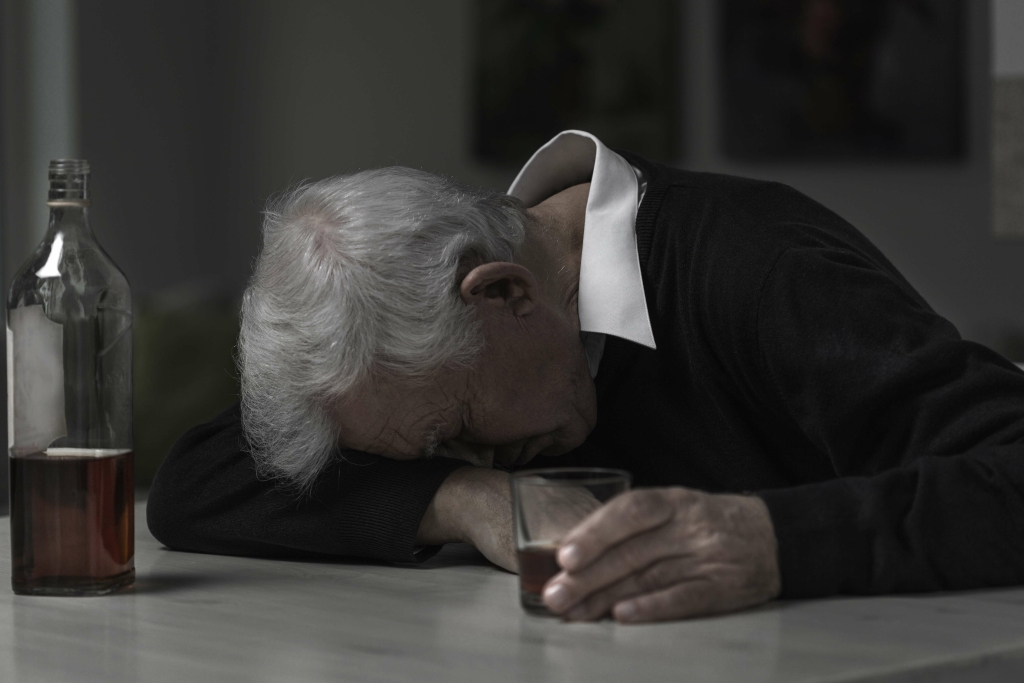How to Search and What to Ask Navigator NIAAA
By using the form below, you can check if your health insurance provider may assist in covering the expenses related to rehab and therapies for addiction. The length of inpatient treatment often ranges from short-term 28 day stays to more long-term 90-day stays, although this varies depending on the individual’s needs and can be much longer. Find treatment programs in your state that treat recent onset of serious mental illnesses. Find treatment programs in your state that treat addiction and dependence on opioids. Call your local mental health or addiction medicine department or reach out to your personal doctor.
And there are a few approaches that can identify and combat drinking at an early stage. People can focus on education and support, such as through Alcoholics Anonymous, or take on a sobriety challenge. People can learn mindfulness; rather than trying to soothe uncomfortable feelings with alcohol, mindfulness encourages techniques such as breathing, visualization, and meditation. Cognitive behavioral therapy is another path, available in person or online. Non-abstinence-based recovery models—such as Moderation Management—advocate for reducing one’s alcohol consumption rather than abstaining completely.
Compassionate care that meets you where you are
” questionnaire is intended for educational purposes and should not be used to self-diagnose. The holidays can be a difficult time to stay on track with your drinking, but these five strategies can help you achieve your goal and make the most of the holiday season. Folks who don’t consider themselves alcoholics are deciding https://accountingcoaching.online/transactional-writing-letters-that-heal/ to shift their relationship with alcohol. New research shows that users are less engaged on AI apps and chatbots that are repetitive, lack personalized advice, and have long or glitchy setup processes. The idea that altered forms of consciousness such as mania or alcohol can enhance creativity is a popular belief.

This includes programs to address co-occurring mental health disorders (like anxiety, depression, or bipolar disorder) as well as alcohol addiction. Some of our research-backed and innovative therapies include CBT, motivational interviewing The Honest Truth About Being Sober That No One Talks About Medium (MI), dialectical behavior therapy (DBT), eye movement desensitization and reprocessing (EMDR), motivational enhancement therapy (MET), and more. A few empirically validated practices can help identify strong treatment programs.
John Brooks Recovery Center
Research highlights a genetic component to the disorder, as about half of one’s predisposition to alcoholism can be attributed to genetic makeup. People may turn to alcohol as a way to cope with trauma or other, often unrecognized psychological disorders. Socially, alcoholism may be tied to family dysfunction or a culture of drinking.

If you are developing your own symptoms of depression or anxiety, think about seeking professional help for yourself. Remember that your loved one is ultimately responsible for managing his or her illness. In addition to choosing the type of treatment that’s best for you, you’ll also have to decide if that treatment is inpatient (you would stay at a facility) or outpatient (you stay in your home during treatment). Your healthcare provider can help you evaluate the pros and cons of each. Behavioral treatments are aimed at changing drinking behavior through counseling.
Inpatient Treatment Reviews
Ideally, health professionals would be able to identify which AUD treatment is most effective for each person. NIAAA and other organizations are conducting research to identify genes and other factors that can predict how well someone will respond to a particular treatment. These advances could optimize how treatment decisions are made in the future. Three medications are currently approved in the United States to help people stop or reduce their drinking and prevent relapse. They are prescribed by a primary care physician or other health professional and may be used alone or in combination with counseling.
The relaxing environment and the surrounding pine woods create a stress-free setting that promotes recovery. In addition to detoxification programs and outpatient treatment, clients can choose short-term inpatient alcohol rehab and family wellness programs. Located in Union, NJ, this center for alcohol and drug treatment offers the full continuum of care to recovering alcoholics. In addition to detox treatment as well as inpatient and outpatient alcohol rehab, the facility offers clients the chance to participate in holistic therapies such as acupuncture and reiki.
